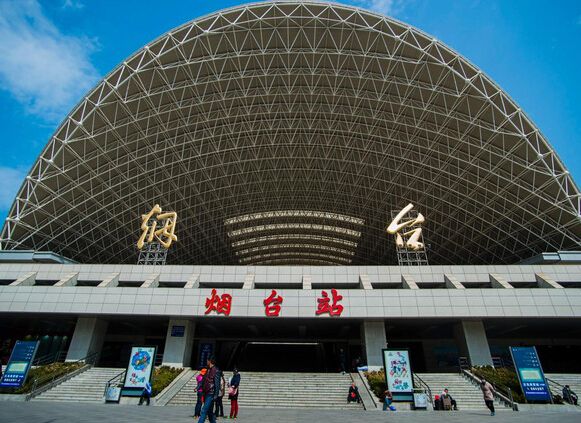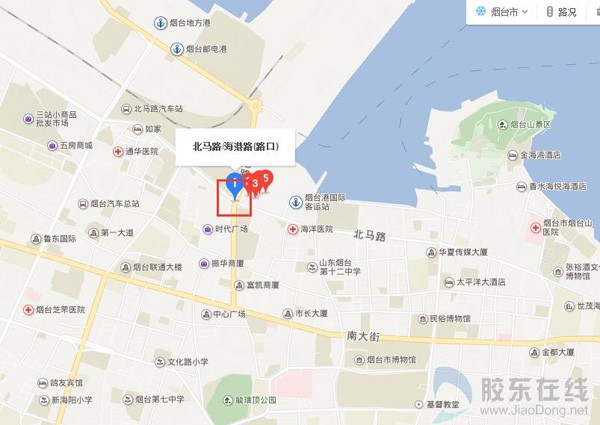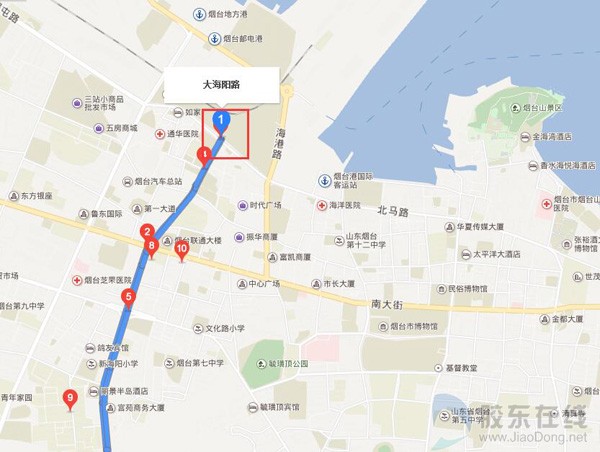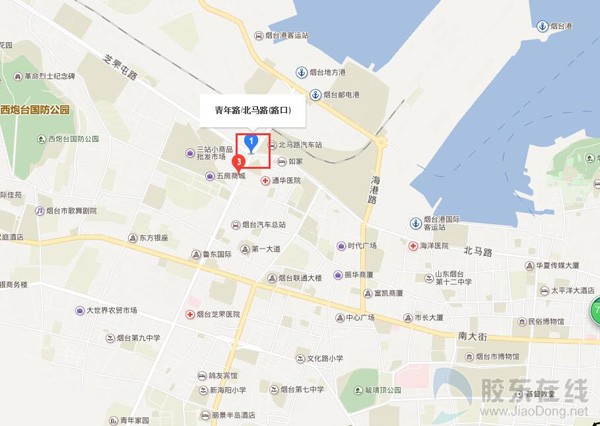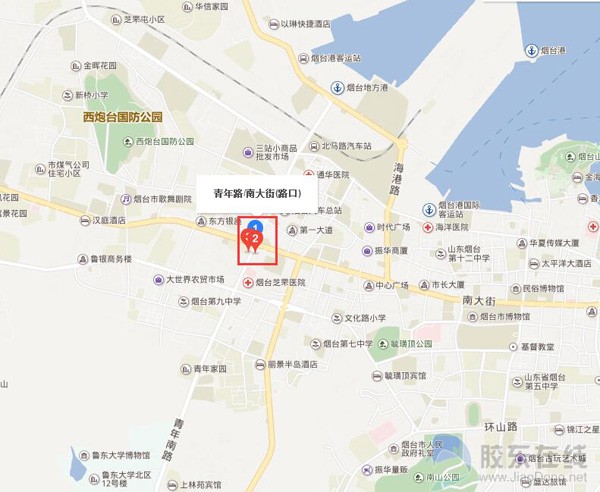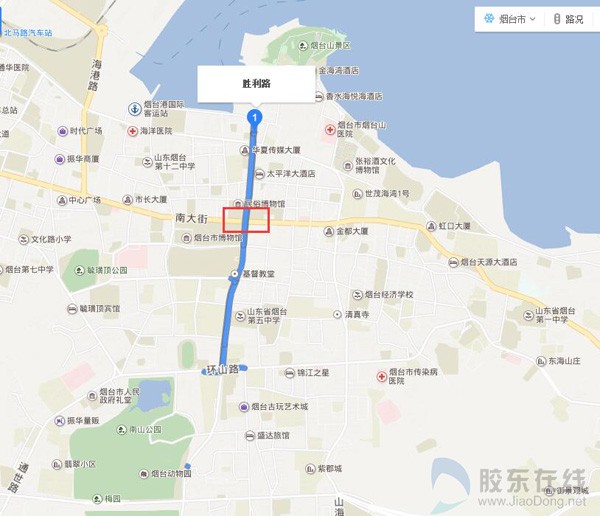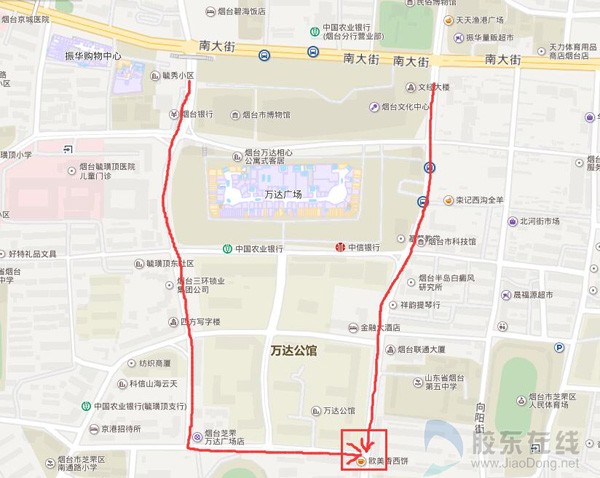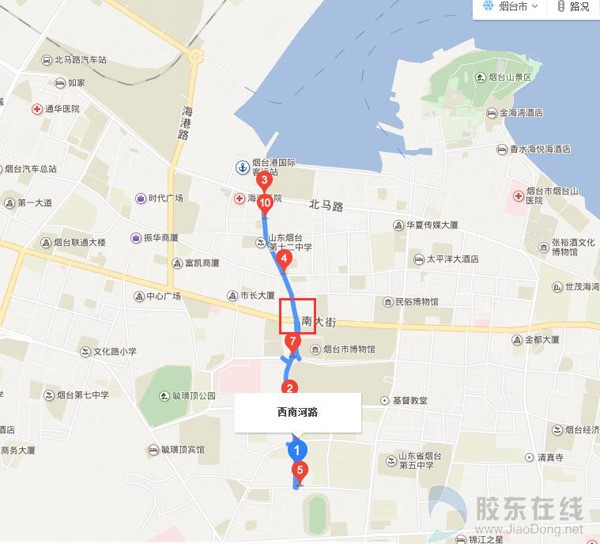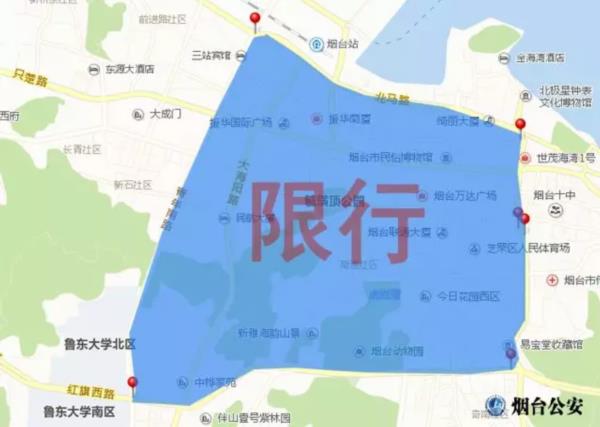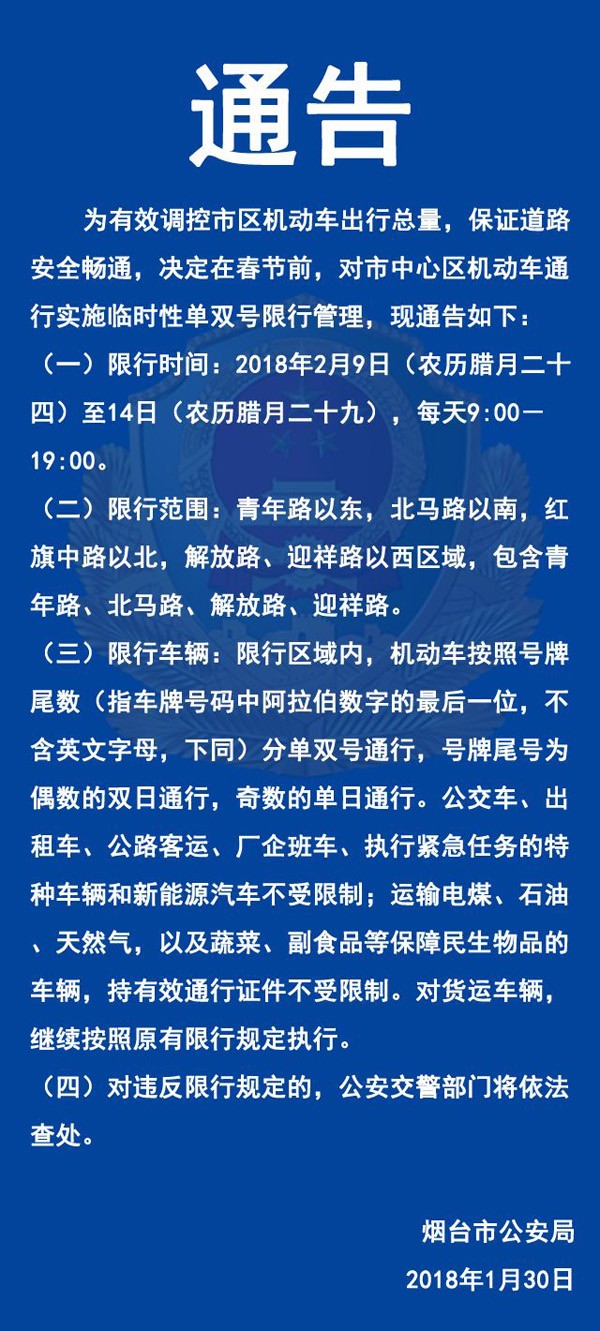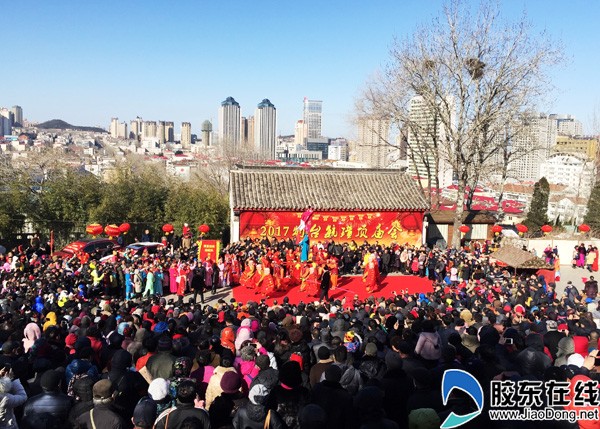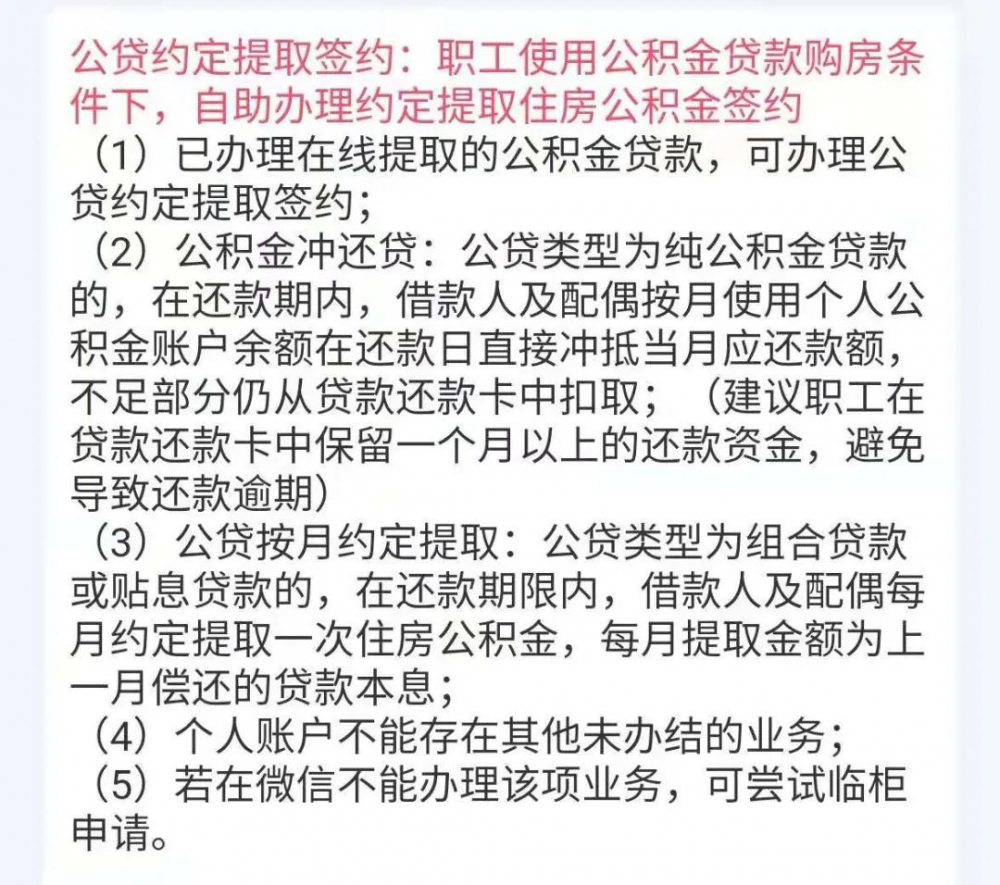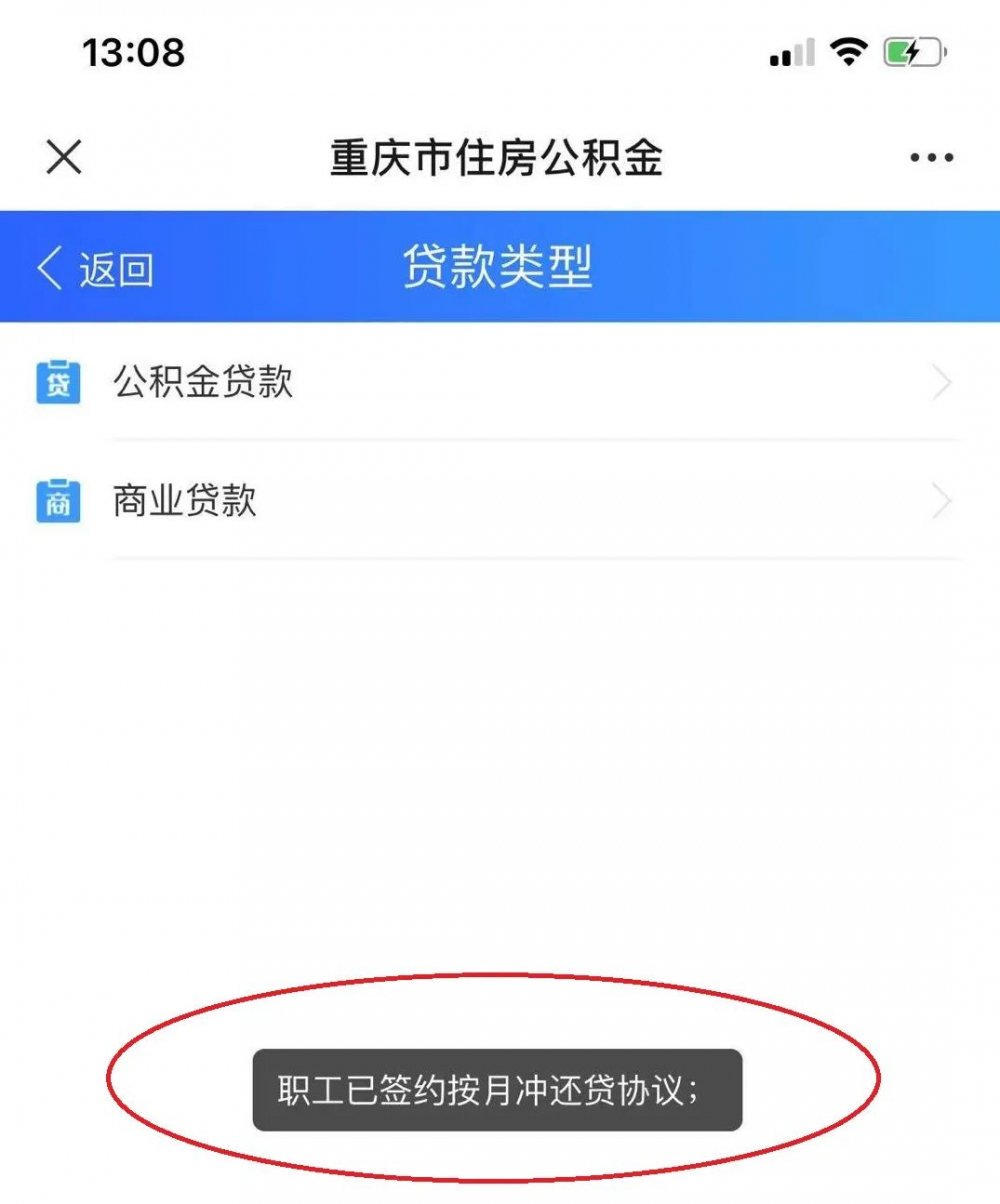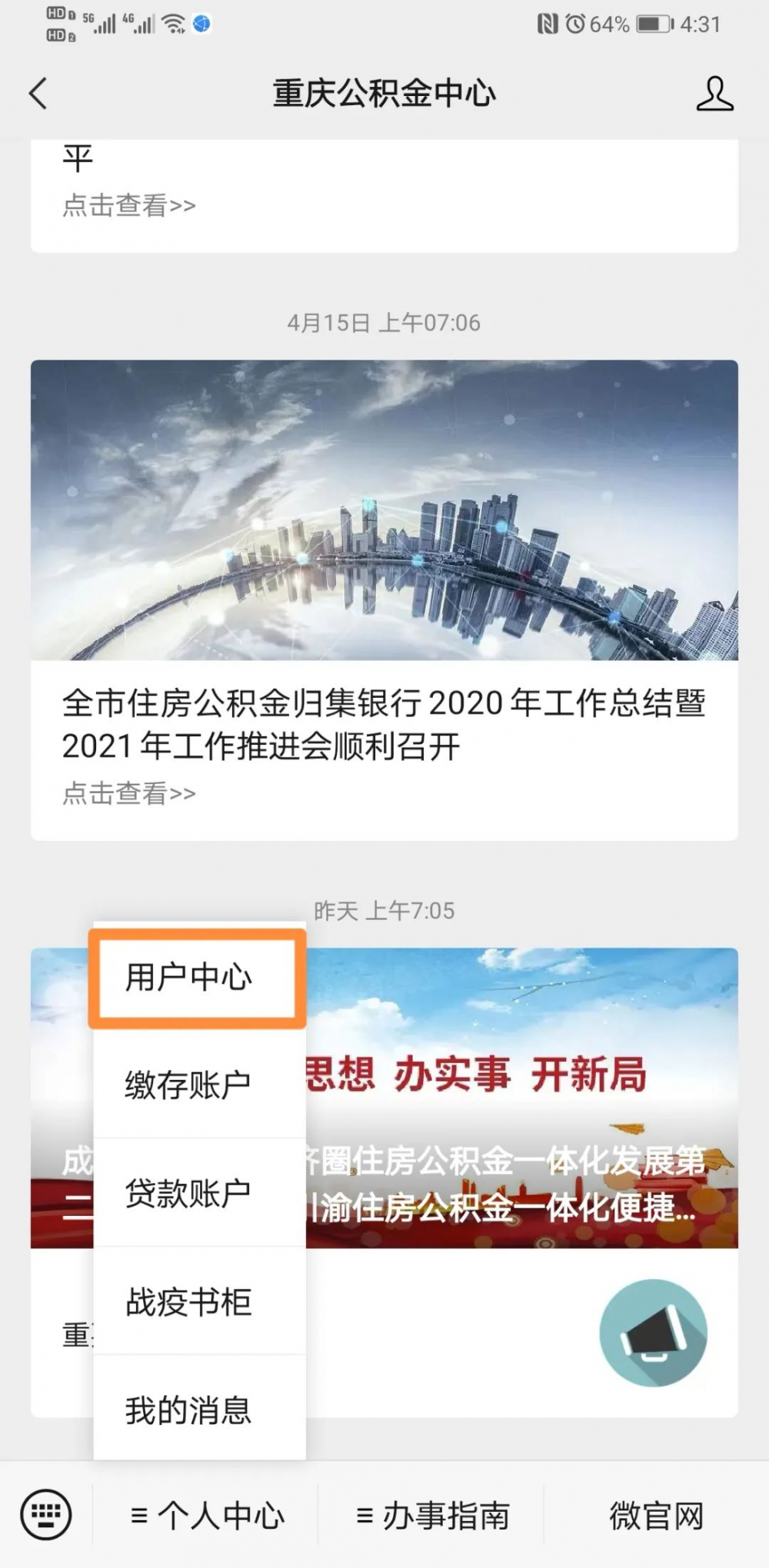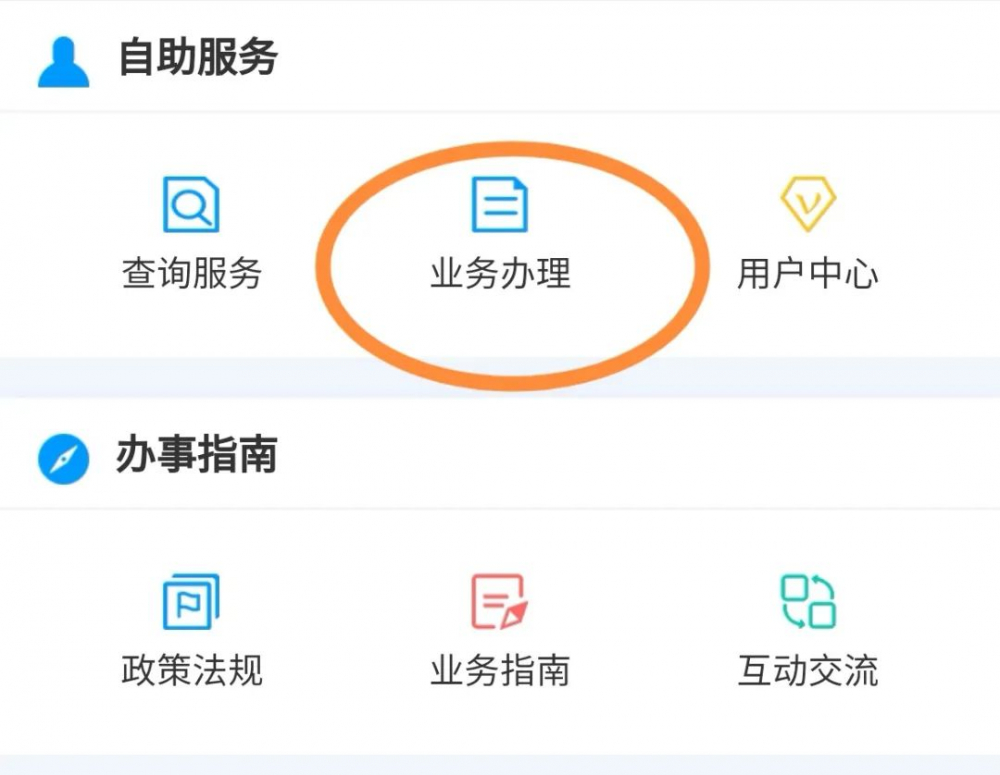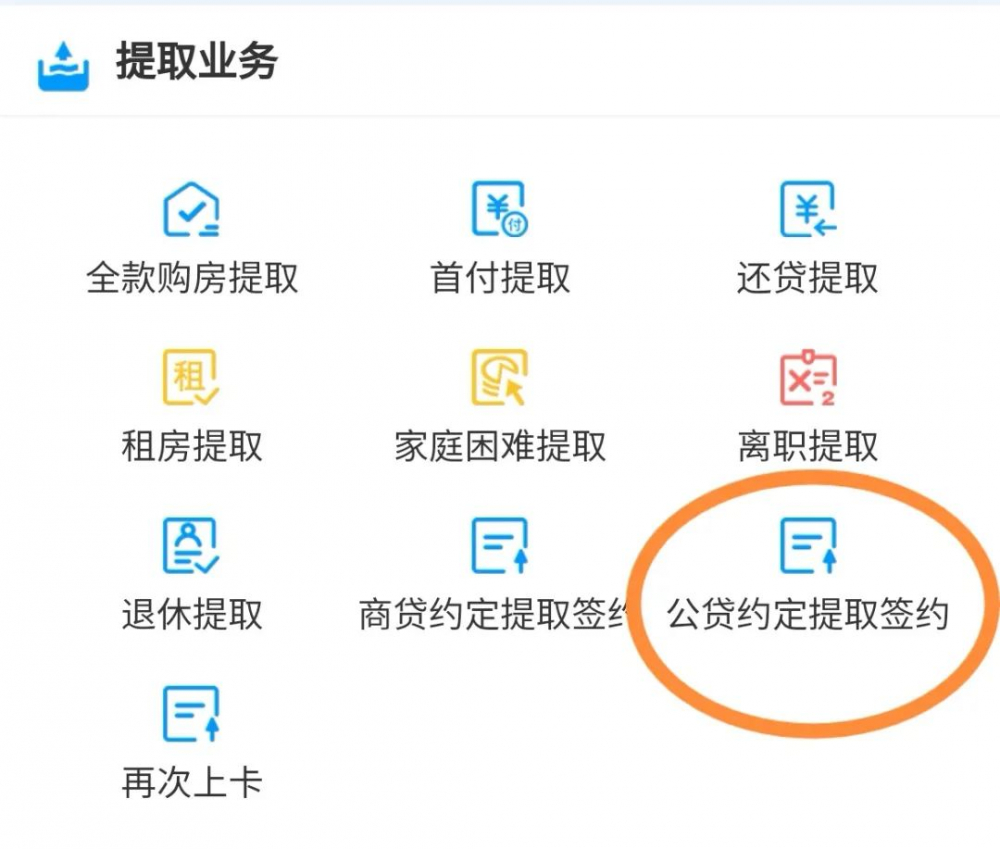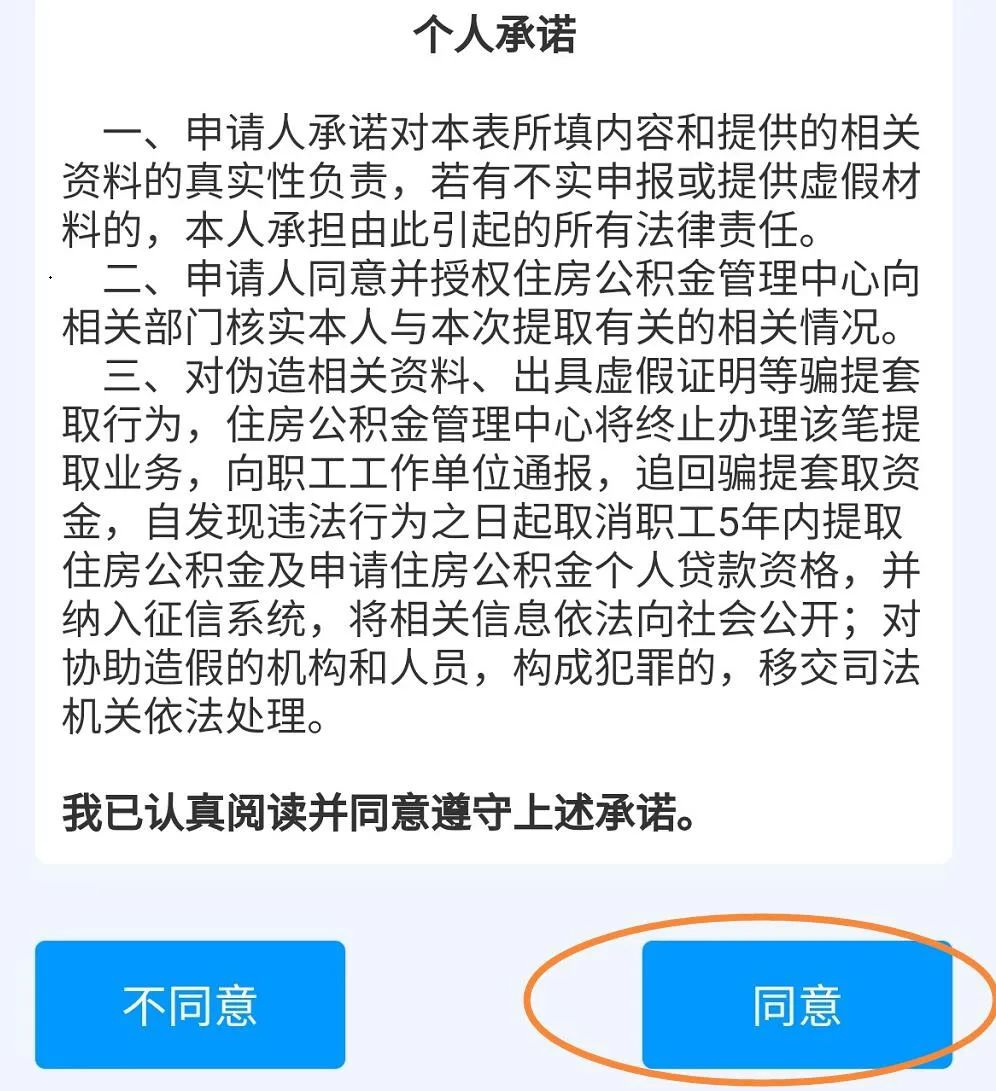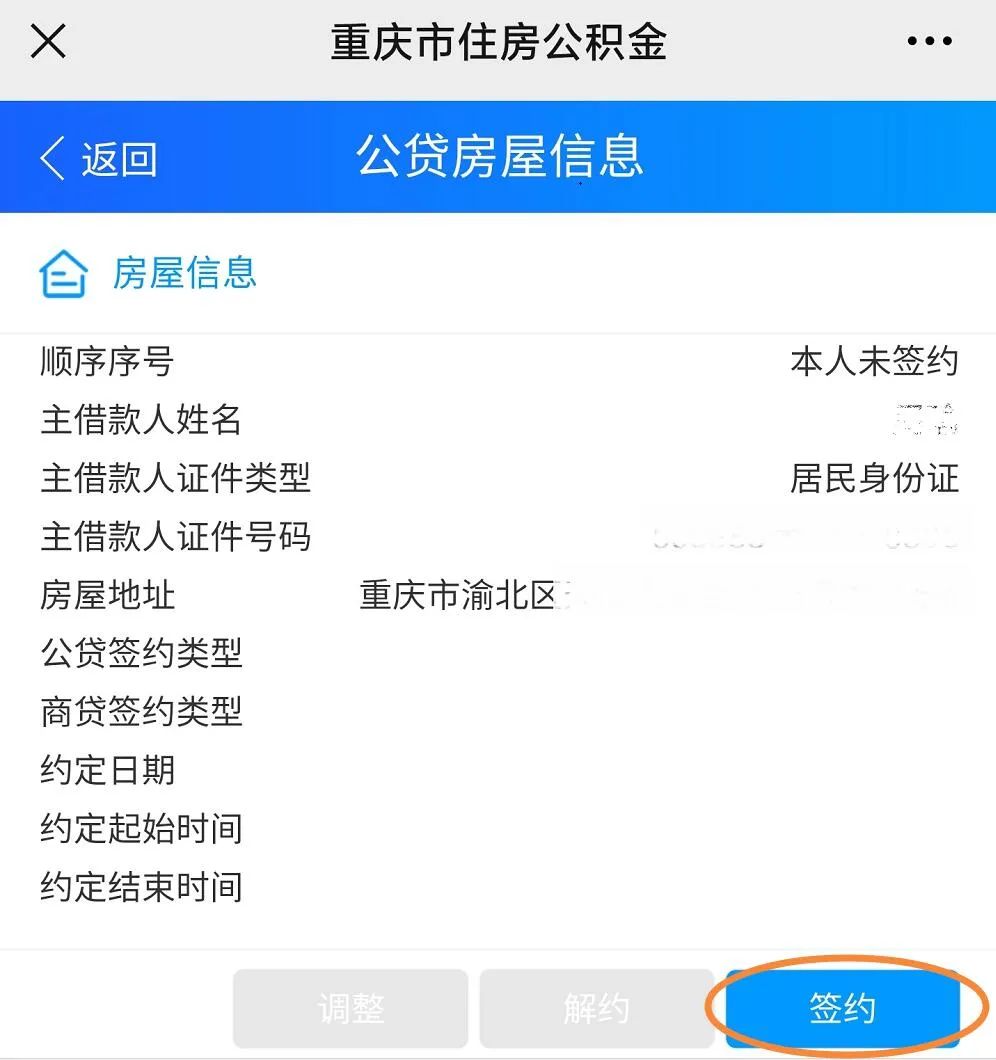Processing flow of public letters and visits reported by the Supervision Department of the Central Commission for Discipline Inspection
Recently, the website of the Ministry of Supervision published for the first time the internal organization chart and related working procedures of the Ministry of Supervision of the Central Commission for Discipline Inspection. On the official website of the Ministry of Supervision, click on the "Organization Profile" column, and you can see the block diagram of 27 institutions under the Supervision Department of the Central Commission for Discipline Inspection, as well as the working procedures of the discipline inspection and supervision organs in handling letters and visits, investigating cases, and handling political disciplinary appeals.
Although the publicity was slightly "low-key", it still attracted widespread attention.
Professor Ma Huaide, vice-president of China University of Political Science and Law, said in an interview with China Youth Daily that although the Commission for Discipline Inspection and the supervisory organs are co-located, one is in the party and the other is in the government sequence, and the particularity of the institutions determines the complexity of the nature of information and the scope of disclosure.
"From the disclosure of government information to the disclosure of party committees, and then to the disclosure of administrative actions required by the Supreme Leader General Secretary, the depth and latitude of disclosure are expanding." Ma Huaide believes that this move by the Ministry of Supervision will promote other party affairs departments to disclose more information and increase the transparency of their duties.
Openness in government affairs benefits both people and themselves.
In 2008, the Regulations on the Openness of Government Information was implemented, and the competent departments and supervisory organs of government information disclosure were responsible for supervising and inspecting the implementation of government information disclosure by administrative organs.
In September 2012, Peking University Public Participation Research and Support Center (hereinafter referred to as Peking University Public Participation Center) released the Report on Administrative Transparency in China (2011-2012). Forty-two institutions under the State Council were observed and evaluated from five aspects: organizational support, institutional support, voluntary disclosure, disclosure upon application, supervision and relief, and the lowest score was the Ministry of Supervision.
"Compared with other ministries, the Ministry of Supervision is quite special." Ma Huaide said that it is co-located with CPC Central Commission for Discipline Inspection, but the party information is different from the government information, and the scope of disclosure is also different, which objectively restricts the transparency of the Ministry of Supervision.
On January 22, 2013, the General Secretary of the Supreme Leader pointed out at the second plenary session of the Central Commission for Discipline Inspection that it is necessary to improve the open system of administrative actions and ensure that leading cadres do not abuse their power and power for personal gain.
Ma Huaide believes that the connotation and extension of "openness of administrative actions" are broader. Under this requirement, it is foreseeable that the Central Commission for Discipline Inspection and the Ministry of Supervision will disclose more information in the next step.
Lang Peijuan, a professor at China University of Political Science and Law, believes that the open work process of the Ministry of Supervision reflects the change of its own concept. On the one hand, it is conducive to the people to understand the basis for the authorities to exercise their power and the specific ways, methods and procedures for exercising public power; On the other hand, it is also convenient for public supervision.
"In the past, the case-handling organs had concerns, fearing that after the internal workflow was made public, it would hinder the handling of cases." Lang Peijuan said that in fact, this will not only affect the investigation, but also promote the work to a greater extent.
"Although it is a supervisory organ, it is also a public authority itself, so it also needs to be supervised." Lang Peijuan said that the supervision of official behavior should be open, and the openness of procedures is more conducive to broader and universal supervision.
Are there many 27 internal institutions?
The public organization chart of the website of the Ministry of Supervision shows that the Ministry of Supervision of the Central Commission for Discipline Inspection has eight discipline inspection and supervision rooms from the first to the eighth, and 19 internal institutions, including corruption prevention room, party style and clean government building room, petition room, case supervision and management room and case trial room.
In this regard, Lang Peijuan said that to judge whether an institution is set up reasonably, we must first measure it from the perspective of its functions: "Set up an institution according to the functions entrusted by law. The criterion for our judgment is what they are doing now, listing their powers, and then judging whether these functions really need so many institutions to do. "
"The Ministry of Supervision is co-located with CPC Central Commission for Discipline Inspection, and there are overlapping supervision objects. There is a lot of cooperation and interaction in the work, and it is necessary to cooperate." Lang Peijuan said that what we see are two brands, which are actually a large department, so we need more institutional settings.
In addition, the organization establishment is also a major factor to judge whether the organization establishment is reasonable. Lang Peijuan believes that in practice, as long as it does not exceed the number of personnel assigned by the Central Organizing Committee, it is allowed to set up as many institutions as possible under the premise of performing legal duties.
Of course, the institutional setup is not static.
"How to integrate internal institutions, how to interact between institutions, how to better share information and make decisions and consultations, all of which need to be continuously explored and gradually adjusted in operation." Lang Peijuan said.
There is no time limit for handling complaints and reports.
The Ministry of Supervision has also announced the workflow for handling letters and visits, which is concerned by the public, including four steps: preliminary preparation, registration and acceptance, handling, and reply and feedback. Letters and visits cases that need to be identified urgently, easy to check and settle, and retaliate against informants can be directly investigated and dealt with.
After the complaint reporting is completed, the discipline inspection and supervision organ that undertakes it should give feedback to the relevant real-name informants in accordance with the regulations, but the time for feedback is not limited.
"Any program has no time limit, can’t it be dragged on indefinitely?" Netizens are worried about "remembering good words".
Lin Zhe, a professor at the Central Party School, believes that it is actually more "scientific" not to specify the time. This is due to the consideration of the particularity of the petition work: "The petition work is big and small, some time is longer, and some time is shorter. If you can’t do it, you won’t promise first."
Ma Huaide also agreed with this. "The content of letters and visits to the public is broad and complicated, and there are no clear and specific procedural provisions in the law at present." He said that from the practical point of view, some people report corruption of an official, and some people report violations of a large project. The difficulty of investigation is different and the time is not good to generalize.
Lang Peijuan suggested that the law can stipulate different processing times according to the specific circumstances of clues. Simple, limited time is shorter. Complex cases, repeated, involving a particularly large number of departments, the restrictions can be relaxed.
Lang Peijuan believes that in the workflow, we should not only consider the issue of time, but also grasp the issue of proper and fair procedures: "First, the openness of the procedures, second, the participation and defense of the parties, and finally, the effectiveness of the procedures. The procedures themselves must be binding."
This move by the Ministry of Supervision reflects the openness of the procedures.
"The future disclosure can be more detailed, and every step can be made public. As long as it does not involve state secrets and the legitimate rights and interests of individuals, it should be made public as much as possible, and a mechanism should be provided for the public to track queries." Lang Peijuan said.
Beijing, March 14th
Our reporter Li Li Intern Zhang Hui Source: China Youth Daily
